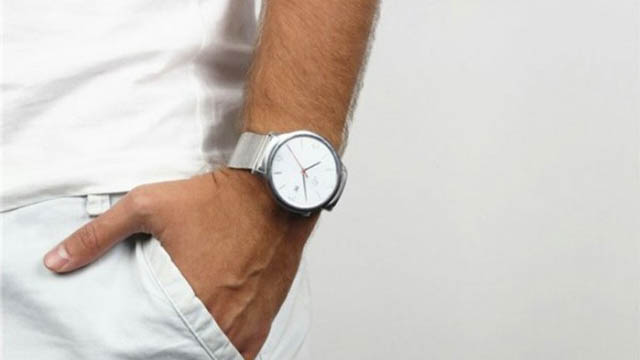Qualcomm wants smartwatches to be free from phones
No more compromise

Wearables are becoming more and more viable in the technology world, but they're still limited - especially when you compare them to the powerhouses they rely on in our pockets. And that's not right, according to Qualcomm.
It's about time wearables reduced their reliance on our smartphones. We've already seen a few attempts including the cumbersome Samsung Gear S and cancelled LG Watch Urbane LTE, but we're still waiting on smartwatches (and other wearables) to realise their true potential.
Techradar was present at an exclusive briefing where Qualcomm's Director of Business Development Ben Timmons said that it was time to free the smartwatch.
"A tethered device doesn't really deliver on the promise of what customers want from a wearable," he said.
"If you're making a tethered [wearable] device, you're making a compromise." He may have a point, but that doesn't mean tethering is a bad thing.
In fact the majority of Android Wear smartwatches currently on the market house Qualcomm chips and while they're reliant on a smartphone, they're not totally useless.
It's not over yet
Many of us are rarely without our smartphones these days, so having a wearable which relies on one isn't really a problem. It means the wearable is cheaper, lasts longer and doesn't require another SIM-plan or contract bump.
Get daily insight, inspiration and deals in your inbox
Sign up for breaking news, reviews, opinion, top tech deals, and more.
There's space then, for smartwatches and smartphones to co-exist without being completely independent of each other, although as the wearables category expands the option to have non-reliant devices will be highly beneficial.
It will be interesting to see how these fully connected wearables perform in the real world, and we do fear for battery life considering the current crop struggle to see out two days on a single charge with comparably limited functionality.
Will they replace our smartphones? Certainly not in short term, but times are changing.

TechRadar's former Global Managing Editor, John has been a technology journalist for more than a decade, and over the years has built up a vast knowledge of the tech industry. He’s interviewed CEOs from some of the world’s biggest tech firms, visited their HQs, and appeared on live TV and radio, including Sky News, BBC News, BBC World News, Al Jazeera, LBC, and BBC Radio 4.